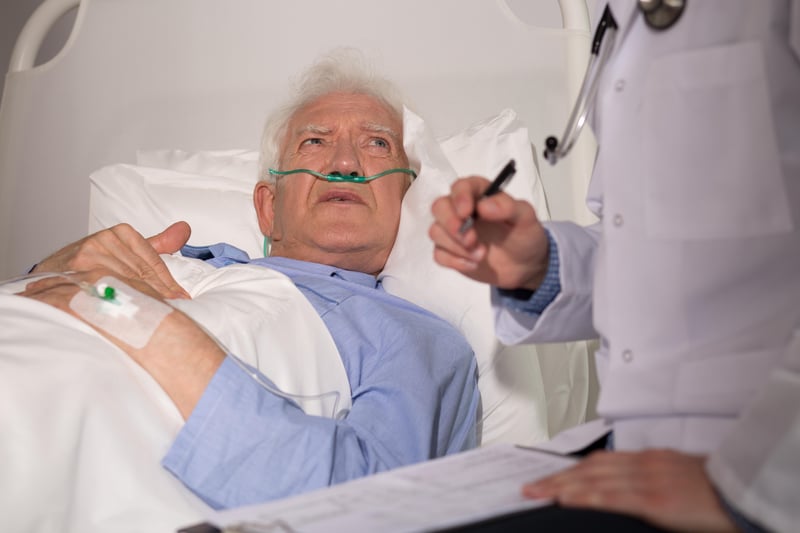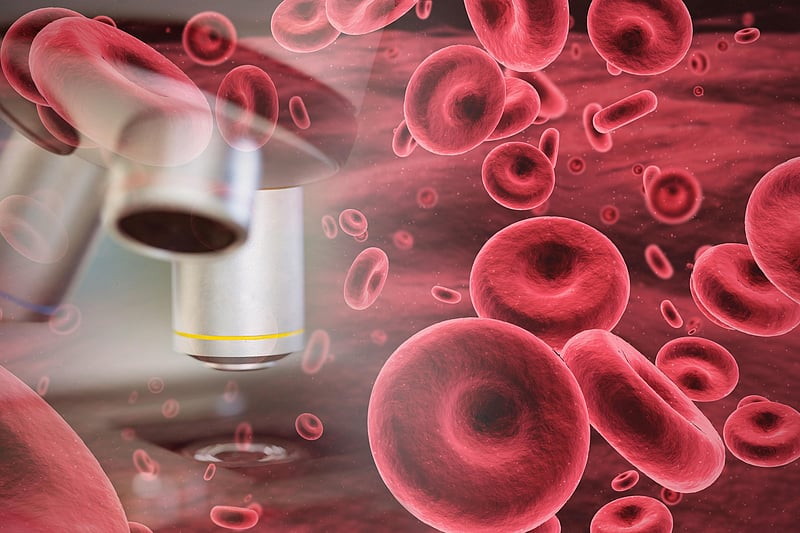Patient Resources
Get Healthy!
Results for search "Deep Vein Thrombosis".
Health News Results - 7
Some Bear Facts That Could Help Prevent Human Strokes
- HealthDay Reporter
- Amy Norton
- April 14, 2023
- Full Page
Long periods of immobility can put people at risk of dangerous blood clots -- yet hibernating bears lie around for months without any problem. Now scientists think they've figured out why.
The researchers hope the insight can eventually lead to new drugs for preventing l...
Got an Extra Chromosome? It Could Harm You
- HealthDay Reporter
- Cara Murez
- January 27, 2023
- Full Page
Researchers have uncovered a serious risk for folks who have an extra X or Y chromosome.
Those with the genetic condition known as supernumerary sex chromosome aneuploidy have a risk for blood clots in a deep vein or lung that's four or five times higher than usual, a
Prostate Cancer May Raise Risk for Blood Clots
- HealthDay Reporter
- Robert Preidt
- May 25, 2022
- Full Page
Doctors need to be aware that prostate cancer raises a man's risk of serious and potentially deadly blood clots by about 50%, researchers say.
All cancer patients are at increased risk for venous thrombo...
Blood Type May Predict Which Cancer Patients Are Prone to Clots
- HealthDay Reporter
- Robert Preidt
- April 15, 2022
- Full Page
Cancer patients' blood type may play a role in their risk for dangerous blood clots, researchers say.
Cancer and its treatments increase the risk for venous thromboembolism (VTE). That includes
Post-COVID Risk for Blood Clot Lasts at Least 6 Months
- HealthDay Reporter
- Robert Preidt
- April 7, 2022
- Full Page
COVID-19 increases people's risk of dangerous blood clots and bleeding for months after infection, researchers say.
The new findings suggest that COVID-19 is an independent risk factor for deep vein thrombosis, pulmonary embolism and bleeding.
"Our findings arguabl...
Binge-Watching Could Raise Your Blood Clot Risk
- HealthDay Reporter
- Steven Reinberg
- January 20, 2022
- Full Page
Who hasn't started to watch a new drama series on TV, and suddenly realize that hours have slipped by as they binged on one episode after the next?
Now, a new study suggests that too much binge-watching may raise the risk of life-threatening blood clots in the legs or lu...
What's the Best Blood Thinner for a Blood Clot in Your Legs?
- HealthDay Reporter
- Steven Reinberg
- December 8, 2021
- Full Page
For people suffering from clots in their legs, a new study finds that one of two commonly used blood thinners is safer and more effective than the other.
Venous thromboembolism (VTE) can cause clots to form in the deep veins in the legs, and if one breaks loose it can tr...







